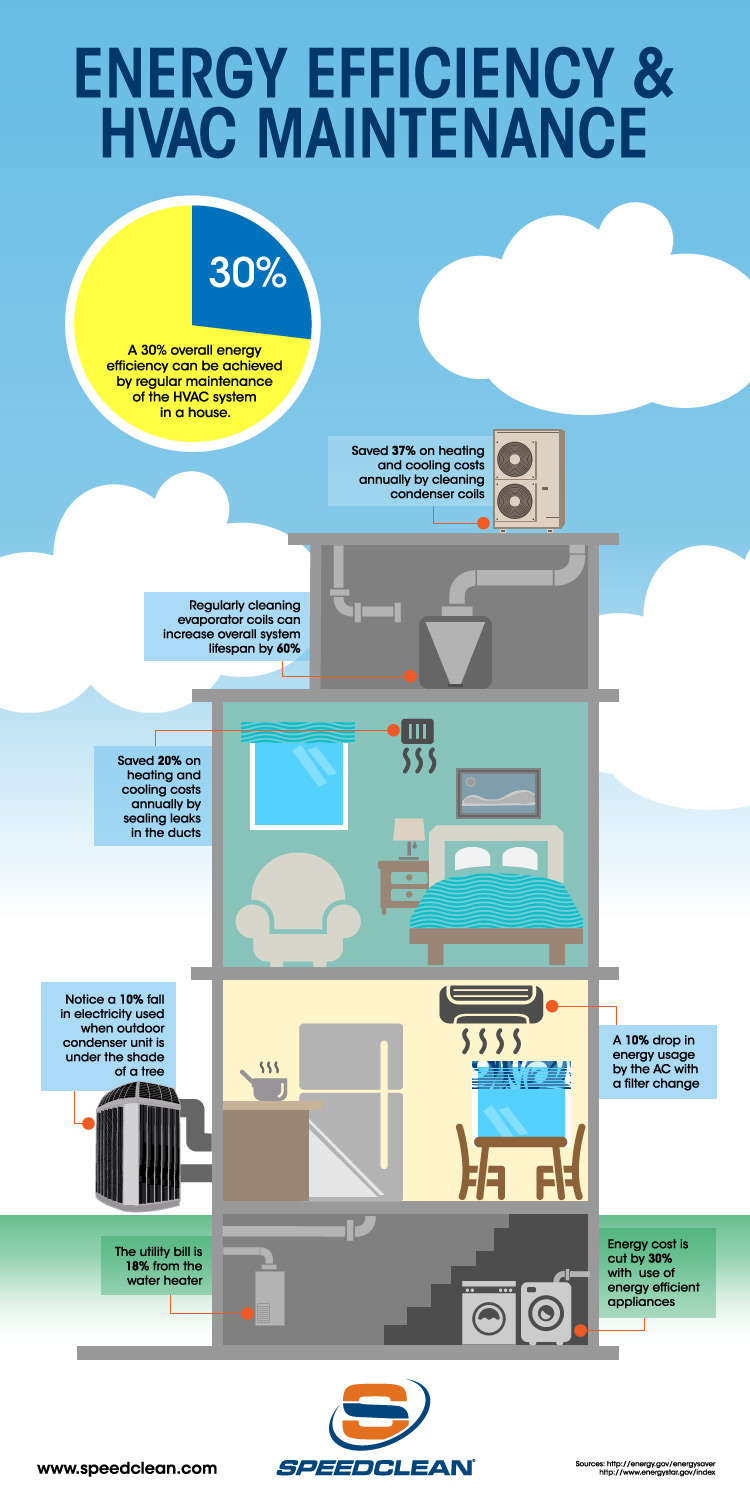Exploring The Environmental Benefits Of Warm Pumps - A Lasting Heating Solution
Exploring The Environmental Benefits Of Warm Pumps - A Lasting Heating Solution
Blog Article
Article Created By-Cox Strand
In a period where sustainability and power effectiveness are vital, lots of companies look for environmentally friendly home heating services. One such remedy is the heat pump.
A heat pump draws out the warmth in its environments and pumps it into your home, leading to among the most reliable environment-friendly central heater around. This procedure likewise generates no greenhouse gas emissions, making it a very lasting technology.
https://docs.google.com/spreadsheets/d/1MUgZ_wp6GLDHgzr-KvBmySg69i8WwMHj9IX-JEqz24M/edit?usp=drive_link are extremely energy effective and need little upkeep. They use less power than other heater and are by far one of the most eco-friendly. They work well with rooftop solar and can typically pay for themselves in energy financial savings alone.
They can additionally provide cooling, which is fantastic for garage workshops, attic room hangouts and bonus offer rooms, and home additions without prolonging the existing ductwork. They can even be utilized for retrofits in existing homes with hydronic (water-based) circulation systems such as reduced temperature level radiators or radiant floorings.
Seek designs with SEER and HSPF ratings that meet or exceed copyright's minimum criteria, as well as the criteria in your region. Greater scores mean greater performance, which conserves you cash in the long run and reduces your carbon impact. You might even receive rebates and rewards! The most effective systems are those with a ground heat exchanger for added effectiveness. These devices can absorb thermal energy from the ground throughout the winter season and extract it in the summer.
Minimized Greenhouse Gas Emissions
Heat pumps run on power and basically move heat from the air, even when it's cool exterior. heatpump install have the ability to draw out the complimentary warmth entraped in air particles and move them indoors, reducing humidity while doing so.
Contrasted to gas heating systems, modern-day heat pumps utilize less than one kilowatt of electricity per kilowatt of heating power they produce. This makes them one of the most energy effective home heating choice offered with a POLICE OFFICER (Coefficient of Efficiency) of four or more. By reducing the demand for fossil fuels, heat pumps help reduce greenhouse gas exhausts and reduce various other major air toxins.
Building decarbonization is a worldwide imperative, and the cooling and heating industry is an essential driver of that procedure. Whether it's real estate investors making net zero commitments, policy manufacturers setting exhausts restrictions, or renters demanding greener areas, electrical heat pumps are being identified as an important solution. They are a cost-effective method to lower carbon emissions by eliminating the requirement for fossil fuels in buildings.
Flexibility
Heat pumps can be made use of in many sorts of homes and structures-- with or without ducts. They work with hot-water radiators, air-conditioning and programmable thermostats. They can change heaters or be installed in new residences. They can work on solar panels, geothermal systems and even area heating resources like wastewater.
They're terrific at delivering even more warmth per power unit. As an example, an air-source heatpump generates approximately 3 or even more home heating devices from each power device it takes in.
Obtaining the most from your heat pump will certainly rely on your environment area and top quality of insulation. Look for designs with ENERGY STAR rankings and contrast their SEER or HSPF specifications. In warmer environments, focus on SEER; in colder areas, take into consideration a system with a higher HSPF rating. In addition, purchase air sealing and insulation to minimize the load on your heat pump. That will certainly enhance power performance and help you reach your Web No objectives much faster.
Biomass Boilers
Biomass boilers use timber pellets, chips or logs to create warmth and warm water. They are a great selection for off-grid buildings or those who intend to leave the gas grid.
As a standalone heating system, biomass can supply enough power to maintain your home cozy all the time without the regular warmth drop off of various other sustainable innovations. They can likewise be made use of together with solar panels to maximise financial savings and take advantage of RHI payments.
A downside of these systems is the upfront expense and routine gas distributions. Frequently, pellets will need to be blown into a gas shop utilizing a vacuum system or they can be by hand fed into the central heating boiler with a receptacle. Logs are typically self-sourced from close-by forest or purchased wholesale. Along with this, they call for hand-operated loading and might require cleansing often.